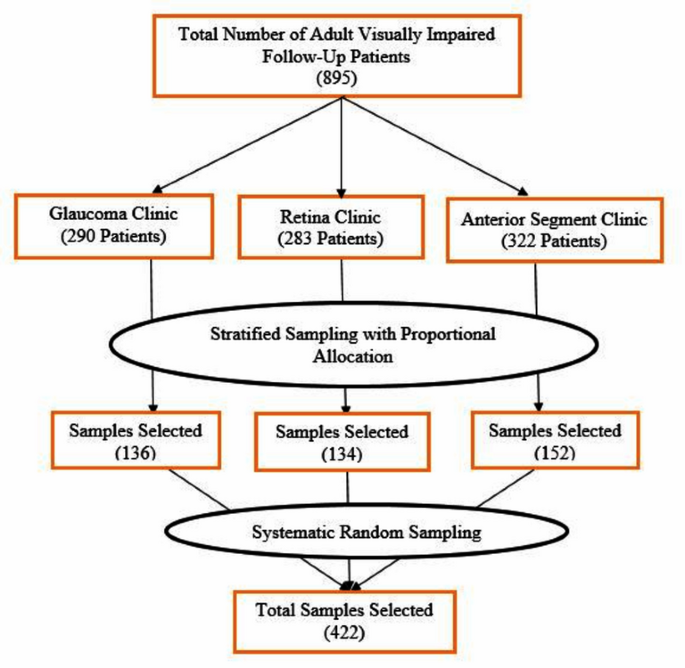Cardiologist on hidden causes of heart attack during physical activity | Health

Dhoom director Sanjay Gadhvi, 56, passed away today reportedly due to a heart attack while he was out for a morning walk. According to reports, Gandhvi was rushed to Kokilaben Ambani Hospital after he started sweating profusely; he was declared brought dead. Experts say that it’s important to safeguard cardiovascular health with appropriate lifestyle adjustments and a set of healthy habits. When it comes to heart health, not just physical health but stress management and mental health are of utmost importance. Introducing mindfulness, meditation, Yoga, and self care strategies can keep stress and anxiety issues at bay and at the same time support heart health. (Also read: Young pilot’s death due to cardiac arrest: Experts on reasons behind poor heart health in young)

Lifestyle factors that could be raising risk of heart attack
“The tragic incidents of young individuals experiencing fatal cardiac events during physically demanding activities are deeply concerning and highlight the importance of understanding what could potentially be weakening young hearts. Various factors could contribute to such unfortunate events, and while it’s difficult to pinpoint a single cause without specific medical reports, here are several possible factors that can affect the cardiac health of young people, says Dr. Indranill Basu Ray, a renowned cardiologist and electrophysiologist.
Lifestyle factors
⦁ Poor diet and obesity: A diet high in processed foods, sugars, and unhealthy fats, combined with low physical activity, can lead to obesity, high cholesterol, and hypertension, even in teenagers and young adults.
⦁ Inactivity: A sedentary lifestyle, which is increasingly common due to technology use and urban living, can lead to poor cardiovascular conditioning, making sudden intense physical activity more straining on the heart.
⦁ Smoking and vaping: Young people who smoke or vape expose their hearts to nicotine and other chemicals that can damage heart tissue and blood vessels, leading to increased heart rate and blood pressure.
⦁ Substance abuse: The use of tobacco, alcohol, and illicit drugs (such as stimulants), can have severe acute and chronic effects on the heart.
Medical conditions
⦁ Undiagnosed heart defects: Some young individuals have congenital heart defects that go unnoticed until a sudden cardiac event occurs, often during physical exertion.
⦁ Hypertrophic cardiomyopathy: This genetic condition, characterized by thickened heart muscle, is a common cause of unexpected cardiac death in young people.
⦁ Myocarditis: Viral infections can lead to inflammation of the heart muscle, weakening it and making it more susceptible to failure under stress.
⦁ Arrhythmogenic Right Ventricular Dysplasia: A rare type of cardiomyopathy that affects the muscle of the right ventricle of the heart.
External Factors
⦁ Extreme physical exertion: Engaging in sudden, intense physical activity like dancing for long hours, especially without regular conditioning, can put unexpected strain on the heart.
⦁ Intense physical activity: While exercise is generally beneficial for heart health, intense physical activity can sometimes trigger a cardiac event, especially in those with undiagnosed heart conditions.
⦁ Dehydration and electrolyte imbalance: These can occur during prolonged physical activity, especially in hot climates, leading to cardiac arrhythmias.
⦁ Stress: High levels of emotional and physical stress and lack of proper sleep can increase the risk of heart problems. Stress hormones can increase blood pressure and heart rate, leading to a greater strain on the heart.
Societal Changes
⦁ Stress and mental health issues: Young people today face significant stress and mental health challenges, which can have physical effects on the heart.
⦁ Lack of regular health check-ups: Preventive health check-ups are less common among the younger population, which means potential heart issues may not be diagnosed until it’s too late.
Dr Indranill says that mental health is intricately connected with heart disease and it’s high time individuals should look at overall well-being for taking care of their cardiovascular health.
Mental health tips to reduce heart attack chances
Here are the mental health tips that can help reduce heart disease incidence as suggested by Dr Indranill.
Deep breathing: Chronic stress is associated with heart disease. Techniques for stress management, such as mindfulness, meditation, and deep breathing exercises, can improve cardiovascular health.
Self-care: Anxiety and depression have been linked with heart disease. Seeking professional help and practicing self-care strategies are essential for maintaining both mental and heart health.
Yoga: Research has shown that yoga can reduce stress levels, lower blood pressure, and improve lipid profiles. The combination of physical postures, breathing exercises, and meditation in yoga can contribute to cardiovascular health and help in the prevention of heart diseases.
Mindfulness and relaxation: The meditative aspect of yoga promotes mindfulness and relaxation, which can positively affect the autonomic nervous system and reduce stress-induced inflammation, a contributor to heart disease.
With heart disease being a leading cause of death, these measures are not just recommendations; they are essential components of a healthy life.
How to maintain cardiac health
“Amid the rising cases of heart attack, it’s important to take measures for safeguarding cardiovascular health. Maintaining good cardiovascular health is a critical concern given the rising incidence of heart disease and cardiac deaths globally. The prevention of heart diseases requires a multifaceted approach that encompasses lifestyle modifications, medical interventions, and alternative practices such as yoga,” says Dr Indranill.
Let’s explore a comprehensive strategy to prevent heart disease, supported by scientific research and expert recommendations.
Dietary adjustments: A heart-healthy diet is paramount. The American Heart Association recommends a diet rich in fruits, vegetables, whole grains, nuts, and lean proteins. Studies have shown that the Mediterranean diet, which emphasizes these foods, is associated with a reduced risk of heart disease. A high intake of saturated fats, trans fats, and cholesterol has been linked to atherosclerosis, a precursor to heart disease, thus should be limited.
Regular physical activity: Regular exercise is a cornerstone of heart health. The American College of Cardiology suggests at least 150 minutes per week of moderate-intensity aerobic activity or 75 minutes per week of vigorous-intensity aerobic activity. Exercise lowers blood pressure, strengthens the heart muscle, and helps maintain a healthy weight—each a vital factor in reducing heart disease risk.
Yoga, while often considered a form of flexibility and strength training, can also contribute to one’s aerobic fitness depending on the type of practice. For example, Vinyasa or Ashtanga yoga involves continuous sequences of postures linked with breath, which can elevate the heart rate into the aerobic range.
Weight Management: Obesity is a significant risk factor for heart disease. A combination of diet and exercise can help achieve and maintain a healthy weight. The Body Mass Index (BMI) and waist circumference are useful measures to guide weight management goals.
Quit Smoking: Smoking cessation is critical. Tobacco smoke contains constituents that can damage blood vessels, leading to heart conditions. Quitting smoking has an immediate and long-term benefit for heart health.
Moderation of Alcohol: Excessive alcohol consumption can lead to increased blood pressure, heart failure, and even cardiac death. Moderation is key, as defined by up to one drink per day for women and up to two drinks per day for men.
Medical interventions
Regular health screenings: Regular check-ups can detect cardiovascular issues early. Blood pressure, cholesterol levels, and diabetes screening are essential as they are primary indicators of heart disease risk.
Medication compliance: For those already at risk or suffering from heart conditions, adherence to prescribed medications is vital. Medications such as statins, aspirin, antihypertensives, and anticoagulants play a significant role in preventing heart attacks and managing heart diseases.
Manage comorbidities: Conditions like hypertension, diabetes, and high cholesterol should be managed aggressively as they are major contributors to heart disease. Lifestyle changes, medications, and regular monitoring can help control these conditions.
link






